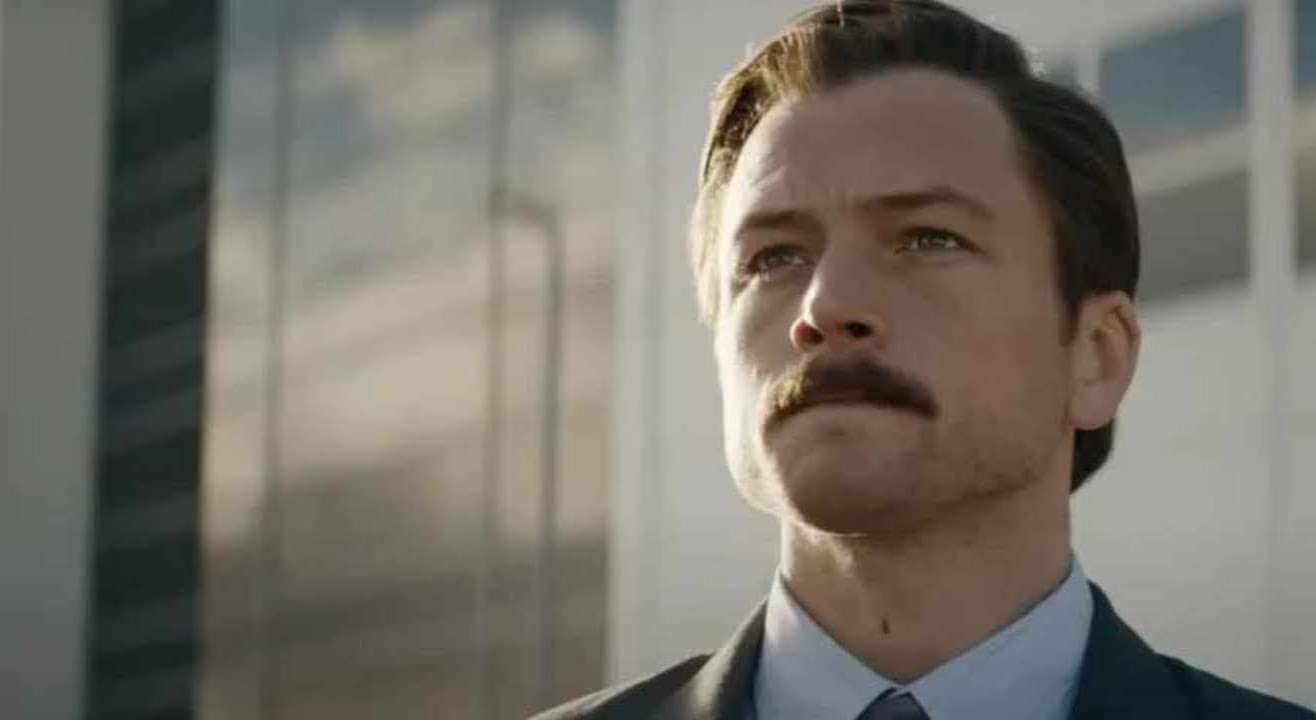Tetris
The game that taught the world "tetrominoes"

I grew up with Tetris. It was probably one of the first video games I played. My friend and I would take turns, passing his Game Boy brick back and forth, trying to best each other. Neither of us was any good, but it stuck with us. We came back to it time and time again, and annoyed our parents to no end singing its accompanying music. A few years later, upon request, I coded up a version for a friend’s birthday. Usually, when working on a game, I would add a flourish of my own, if for no reason other than to keep it interesting. But Tetris needed no such adjustment.
It’s been quite some time since I’ve played at this point, but it’s never far from my mind. Its influence is everywhere, and occasionally I’ll hear about new techniques for achieving stupid speeds in the competitive scene (why yes, I am a huge nerd, why do you ask?). When the movie was announced, I was concerned; how the hell do you make a movie about Tetris, of all games? I thought it was going to go the way of Battleship. The trailer eased some concerns, and raised others. I’d heard there was some shadiness in how it escaped the USSR, but the trailer felt like it was selling me an action flick.
But I crossed my fingers, and hoped it was just a misleading trailer, or else me misreading it. Because if this was going to be based on a true story, which centered around intellectual property rights for a video game early in the medium’s popularity, I was going to have a hard time suspending my disbelief.
Tetris follows Henk Rogers (Taron Egerton), a software developer and salesman who comes across the game at an electronics expo, and instantly falls in love. Thus begins his quest to obtain the rights to as much of the game’s market as he can. When his dealings with Stein and Mirrorsoft are stymied, he decides to take matters into his own hands and fly to Moscow to negotiate with the USSR directly.
Lucky for me, I had the wrong impression of the film going in. Not an action movie, but more of a spy thriller, albeit without the spies (mostly…). It’s tense and twisty and of course features the KGB - this is Russia during the Cold War, after all.
It also does a good job introducing us to Alexey Pajitnov, the creator of Tetris. Which is nice to see, given that his name is not well known to the general public despite the instant recognition garnered by his game.
However, my biggest problem is just how self-serious it is. From early on, it’s clear the filmmakers see this as a Serious Drama, and think they’re telling a Very Important story which had a huge worldwide impact. They do their best to imply that the collapse of the USSR is helped along by the sale of the rights of Tetris to the West, and to claim the Soviet government views Henk as a threat. As such, they constantly harass him while he’s in Moscow, making sure he knows he’s unwelcome, while never quite throwing him out.
The underlying flaw here is that the actual story is a lot simpler (although still messy), and so a lot of the intrigue had to be manufactured for the film. Which is fine! That’s part of the freedom of making a fictional movie based on a true story instead of a documentary. But when that movie presents the ins and outs and nuances of contract negotiation and fine print, you start to feel the fluff. And especially in a case such as this, when we know the ultimate outcome. It’s about the journey, of course, but there are a number of unnecessary rug pulls relating to the finery of some of the contracts, which just feels drawn out.
It doesn’t help any that from the get go, the Maxwells are cackling villains, sneering all over the screen. Kevin’s a petulant little shit, his father is a grand asshole, and their company is clearly on fire. I get they’re supposed to represent capitalist greed while Henk is “going about it the right way”, but cartoon villains in a film that’s trying to appear grounded (if stylized) just doesn’t land. If you’re trying to represent a true story, the moment you show me someone so blatantly evil, it screams “fabrication”. Which makes me start thinking about what really happened, and takes me right out of your film.
I did appreciate that Henk is far from a perfect hero. He’s the hero, make no mistake about it, but his conviction turns to obsession such that by the end we’re rooting for him to reform as well as to land the Tetris deal. And Egerton is a big part of that, playing his role on a careful edge, never quite abusing his charisma even as he’s always “on”.
It is a bit grating how we’re constantly having our face shoved in how awful Moscow is. From the dystopian, authoritarian vibes from the moment Henk lands to the focus on the bread lines to Alexey talking about it as a hard place to love. I’m always much more fond of “show, don’t tell”, which can be extended to prize subtlety over overtness. By all means, dress the city and ELORG like that, but the verbal repetition starts to feel like propaganda. And of course, it all ties back to the movie’s claim that Tetris hastened the end of the USSR.
Did I hate it? No, not at all. But it absolutely lost all perspective as they enhanced the story to make it more entertaining. And those embellishments really weigh the story down under various terms and royalties, none of which help the actual game designer.
Still, it was better than it could have been.